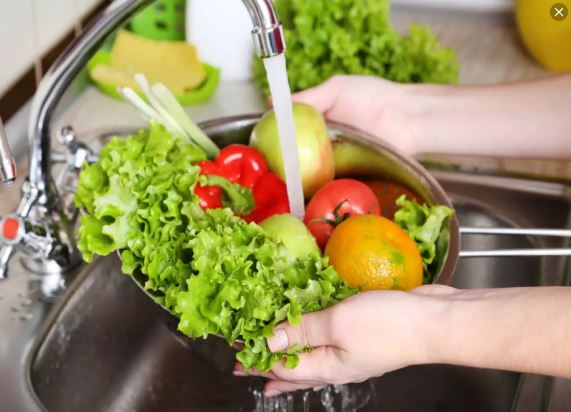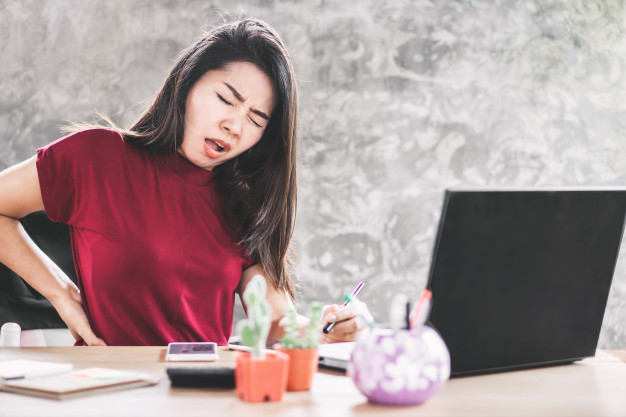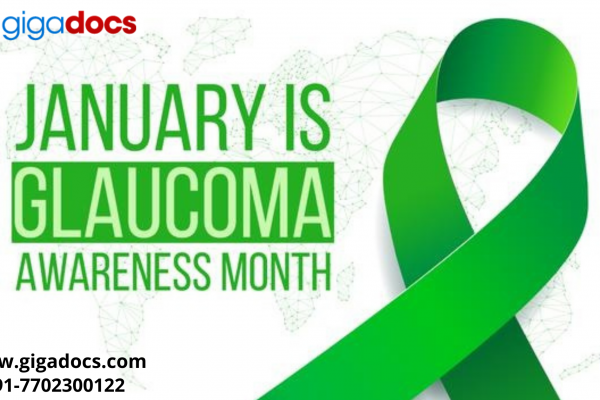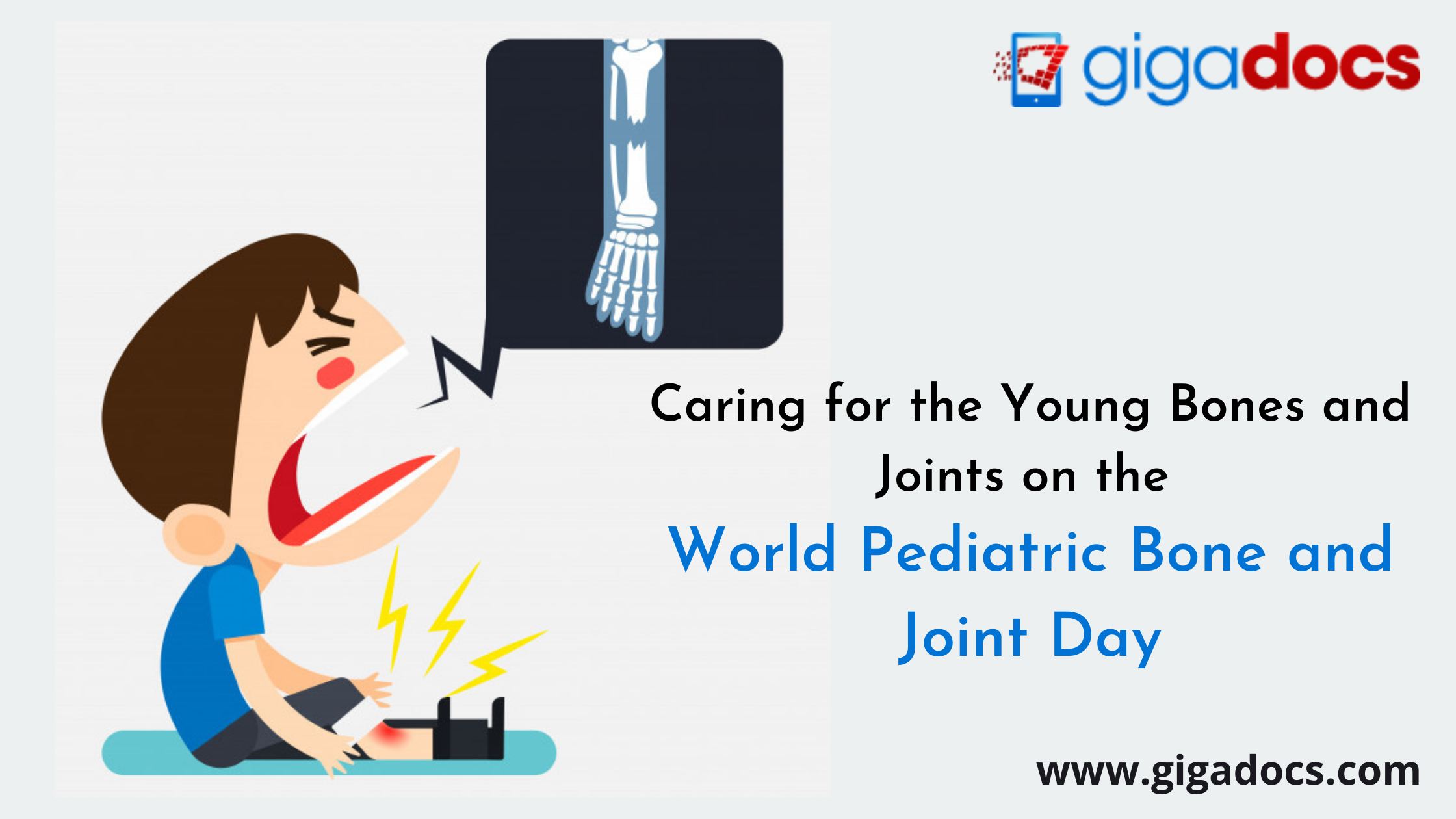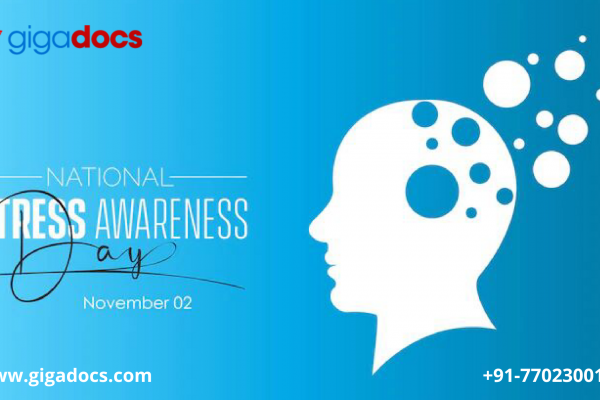To fight the Coronavirus and the reoccurring monsoon infections we need to follow immune-boosting tips, add fruits and vegetables to our diet, exercise to beat the stress, and use face masks, hand sanitizers whenever we step out of our homes after this lockdown. To lessen the dangers of the Coronavirus spread and infectivity, regularly sanitizing and disinfecting phones, fruits, vegetables, milk packets, E-commerce delivery boxes are an absolutely necessary requirement.
Many of us don’t know how to clean raw vegetables, fruits, milk packets, or how to use a mobile sanitization unit, in extreme cases use of soap or detergent is also common to wash vegetables and fruits, which may be harmful. Gigadocs brings you tips to sanitize vegetables, fruits, and phones. Read all the immune-boosting tips to fight Coronavirus pandemic going forward-
Sanitize Vegetables and Fruits
Vegetables and Fruits are a regular part of our diet, and one of the most brought in the home. In the current COVID-19 pandemic, sanitizing vegetables and fruits has gained vital importance and it is essential to take extra care while disinfecting fruits and vegetables. Fruits and Vegetables are categorized into three categories as under-
Category One-
This category includes hard-skinned fruits and vegetables, like pumpkin, yams, potato, oranges, pomegranate, banana which requires skin removal before they are consumed. It was a general practice to thoroughly rinse with water earlier, but now they need sanitized cleaning-
- Wash hands thoroughly with an alcohol-based disinfectant before and after handling vegetables and fruits.
- Use baking soda to scrub the fruits and vegetables, then rinse with clean water. You can consider removing the wax coating used to enhance lustre from fruits like apples to get rid of additional chemicals from fruit surfaces.
- Mild detergent can also be considered to rinse fruit and vegetables. Be careful of the amount you add to the water for soaking vegetables. Too much is of course harmful. Pour one tablespoon of mild detergent in one bucket of water and soak the vegetables and fruits and rinse thoroughly with cold water. The remaining detergent water must be immediately discarded, and be kept out of the reach of children and the elderly.
Category Two-
These are the tender skinned fruits and vegetables like tomatoes, carrots, grapes, cucumber, radish, etc which are mostly consumed raw.
Category Three-
Green leafy vegetables including spinach, methi curry leaves, lettuce, and coriander.
- For category two fruits and vegetables, consider mixing one-part vinegar to three parts of water to form a solution for rinsing vegetables and fruits. Vinegar is highly effective and reduces the microbes on leafy greens vegetables and fruit with smooth skins.
- Flower vegetables like cauliflower, artichokes need to be soaked in the water-vinegar solution for five minutes and then washed in clean water, before using.
- You can also go the natural way, squeeze one large lemon in five liters of water and store it as a natural disinfectant. You can soak category two and three vegetables and fruits for 15-20 minutes and rinse in freshwater.
- Food grade sodium hypochlorite (NaOCl) solution (100 ppm) can also be used to disinfectant vegetables and fruits. Soak vegetables like cabbage and fruits for two to five minutes and then rinse with clean water.
Sanitise Milk Packets
- Consider using hot water and soap solution to clean milk packets.
- Avoid placing unwashed milk packets in the refrigerator or consuming raw milk directly.
- Boil the milk after you have disinfected the pack and then consume.
Sanitising Your Phone
Phones are the most used and highly suspectable to surface contamination while going for vegetable or grocery shopping you may have placed your phone on a vegetable seller’s cart or on a shop counter or may have attended a long call in a public space increases the chances of air contamination. Thus, sanitizing your phone is extremely important.
- Use a non-abrasive disinfectant, with a soft cloth wipe clean the surface of the phone when it is not on charge.
- Do not hand over your phone to other members in your family especially kids and elderly after you come from vegetable shopping. Clean it sanitize it and then use it.
Sanitise Currency Notes
Currency notes pass from multiple hands hence they can be highly contaminated, to ease your coronavirus risk, use digital payment formats, and minimize the use of currency notes.
- If you are in the marketplace, use a sanitiser or wash your hands immediately after handling currency notes.
- Avoid touching your mouth or nose, if you cannot wash your hands or don’t have a sanitiser near you.
Taking E-Commerce Deliveries
- Receive the packet use gloves and keep it in a separate tray.
- Maintain social distancing maintain at least 6 ft distance when you take the delivery from the delivery person or the security guard.
- If it is a packet, wash it under hot or running water. If it is a big box, open the content and dispose of the box immediately.
- Sanitize and wipe the doorknob and the doorbell with a sanitizer spray or a disinfectant solution.
Sanitize Packed Food
- In some cases, where food is kept, washing that surface may not be easy. Consider emptying the food contents in a clean container. You can empty the bread packet in a clean bread box.
- After you have wiped the food/ dry grocery packets with soap and water, transfer the dry groceries and pulses to clean containers. Wash or sanitize your hands before you touch the packet and the container.
- Dispose of all the food / dry grocery packets in a closed dustbin and keep it out of the reach of children and the elderly.
Consulting a Virtual Doctor
The monsoon season brings seasonal fever in addition to Coronavirus. These fevers include malaria, dengue, typhoid fever, leptospirosis and scrub typhus reported between June to September. Healthcare facilities have been facing difficulty to cope up with these existing monsoon diseases and COVID-19 adds to the fever which makes distinguishing monsoon infections very difficult. The fear of contamination from a hospital/ medical clinic visit adds to the woes, whose solution lies in adopting Virtual Healthcare practices.
Booking a digital doctor on the Gigadocs app and consulting expert medical practitioners from your home ensure that you follow social distancing for supervised advice. Telemedicine Consultation is apt for routine check-ups, and expert consultation for communicable and non-chronic diseases.
Gigadocs is an intelligent practice management app that lets you book telemedicine doctors for yourself, your children, and senior citizens and consult them from the privacy of your home. On the Gigadocs app consult an orthopaedic, infectious disease specialist, paediatrician or a dentist from your home and prevent the Coronavirus infectivity transmission which you may catch visiting a physical doctor.
To book a digital doctor for all you need is a tab or a smartphone with camera facilities, and a high-speed internet connection to begin your digital appointment and subsequent follow-up telemedicine appointments.
Book a Virtual Consultation- Download Gigadocs app from-
- IOS App – apple.co/2W2iG4V
- Android App – bit.ly/33AQoRC
To know more and schedule a Virtual Consultation demo, e-mail, at info@gigadocs.com
